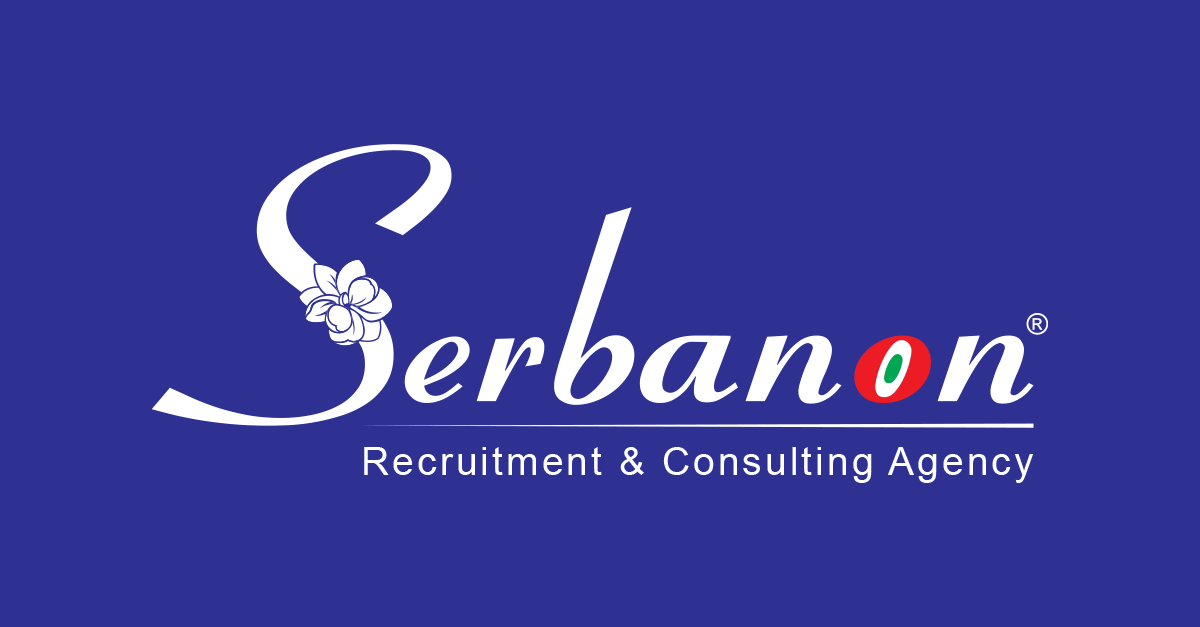In the ever-evolving landscape of healthcare, the question arises: will there be viable alternatives to employer-sponsored healthcare in the near future? As companies like Serbanon Recruitment seek innovative ways to support their workforce, the potential shift from traditional health insurance models to alternative solutions has become a focal point of discussion.
The Current State of Employer-Sponsored Healthcare
Traditionally, employer-sponsored healthcare has been a cornerstone of employment benefits in the United States, offering employees access to health insurance as part of their compensation package. This model has advantages such as group rate premiums and tax incentives for employers. However, it also ties healthcare directly to employment status, creating gaps in coverage for those between jobs or working part-time.
Emerging Alternatives
A variety of alternative healthcare models are beginning to gain traction, driven by the need for more flexible and inclusive options. These include:
- Health Savings Accounts (HSAs): HSAs allow individuals to save money tax-free for medical expenses. When combined with high-deductible health plans, HSAs empower employees to manage their health spending more directly.
- Direct Primary Care (DPC): Under this model, patients pay a flat monthly fee directly to a primary care provider, bypassing traditional insurance. This can lead to better patient-doctor relationships and more predictable healthcare costs.
- Healthcare Sharing Ministries: These cooperatives involve groups of people who share similar ethical or religious beliefs pooling resources to cover each other’s medical expenses.
- Government-Sponsored Options: Proposals for government-managed healthcare plans, such as “Medicare for All,” aim to decouple healthcare from employment altogether, providing comprehensive coverage regardless of job status.
Benefits and Advantages of Alternative Models
These emerging models present several benefits over traditional employer-sponsored healthcare:
- Flexibility: Individuals have the freedom to choose a plan that best fits their personal and financial needs without being limited to what their employer offers.
- Continuity of Coverage: Alternatives like government-sponsored programs or HSAs can provide continuous coverage, not tied to employment, reducing gaps during job transitions.
- Cost Management: Models like DPC offer more predictable costs and can potentially reduce overall healthcare expenditures by focusing on preventive care and reducing administrative overhead.
The Role of Companies like Serbanon Recruitment
Companies like Serbanon Recruitment are at the forefront of adopting these innovative healthcare solutions. By exploring alternatives to traditional health insurance, Serbanon Recruitment can provide more personalized and flexible benefits to attract and retain top talent. This approach not only enhances employee satisfaction and loyalty but also positions the company as a forward-thinking leader in employee welfare.
Conclusion
As we look to the future, the landscape of employer-sponsored healthcare is poised for significant transformation. With the emergence of diverse healthcare models and growing support for more universal coverage options, companies and individuals alike are exploring new ways to achieve health security. For businesses like Serbanon Recruitment, staying ahead in this changing environment means embracing flexibility and innovation in how they support their employees’ health and well-being. This adaptability will likely be key to thriving in the future workplace.



The article adeptly highlights innovative strategies that promise not only to improve health outcomes but also to empower individuals in their wellness journeys.
I like the valuable information you provide in your articles.
I’ll bookmark your blog and check again here regularly. I’m quite sure I will learn many new stuff right here!
Good luck for the next! https://menbehealth.wordpress.com/